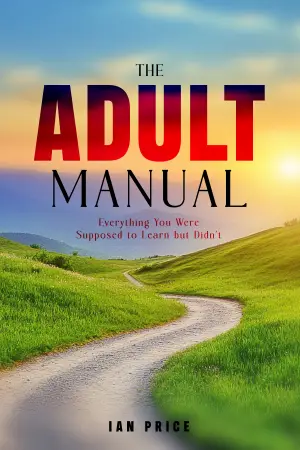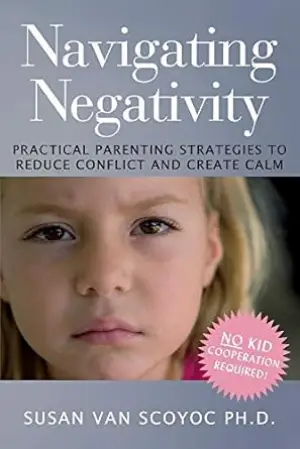I recently finished reading The Magic of Mindful Self-Awareness by Matt Tenney, and it left me genuinely inspired. As someone who enjoys books that explore personal development and mindfulness, I was drawn to this title after hearing a bit about Tenney’s intriguing journey from prisoner to monk to social entrepreneur. I hoped that his experiences would offer valuable lessons applicable to everyday life.
The book truly is a treasure trove of insights. Tenney lays out actionable steps for a mindful approach to life that can genuinely change how we view our thoughts and feelings. I especially appreciated the simplicity of this message: he teaches how to clear the mind of overthinking and unwanted thoughts, making mindfulness feel accessible even to those who might be overwhelmed by life’s rush.
One noteworthy aspect of the book is its clarity and brevity. With around 122 pages, it’s an easy read that doesn’t drown you in jargon or excessive theory. Many readers, like A. D. Marcoux, found the exercises helpful and applicable, noting the authenticity and humor in Tenney’s writing. I couldn’t agree more; his candid storytelling style and practical exercises not only engaged me but also encouraged me to apply what I learned in my day-to-day life.
However, I do want to acknowledge some initial hurdles I faced while reading, similar to what Julie Denton pointed out in her review. The beginning focuses on Tenney’s life as a prisoner, and I initially wondered how this would connect to my interest in mindfulness. Yet, as I moved deeper into the book, I discovered the profound lessons he extracted from these experiences. It requires a bit of patience, but I found that the depth of introspection and the ever-evolving narrative made it worth sticking through.
While I enjoyed the book immensely, there were moments when it felt like the pacing slowed down too much—a point echoed by another reviewer who thought that the book might be too slow for those looking for a more dynamic read. It strikes me that this is part of the nature of mindfulness literature; it often requires gentle pacing to facilitate deep reflection. If you go into it with that mindset, I believe it can be quite rewarding.
In terms of content, one of the standout lessons for me was how to transform negative emotions like sadness and anger into compassion and joy. Tenney does a great job of emphasizing how our feelings don’t define us but can be transformed through mindful self-awareness. This cultivation of self-acceptance and understanding is a crucial theme throughout the book, making it resonate well with people looking to improve their mental health and emotional well-being.
Ultimately, The Magic of Mindful Self-Awareness exceeded my expectations for a mindfulness book. It combines storytelling, practical exercises, and deep emotional insights in a way that feels relatable and manageable. If you’re someone who struggles with overthinking, anxiety, or simply looking for a more meaningful life, this book just might be what you need.
In conclusion, I wholeheartedly recommend this book to anyone seeking tools for greater mindfulness and self-awareness. It’s perfect for both beginners and those looking to deepen their practice. Just give it a little time; you’ll find a wealth of wisdom waiting for you.








